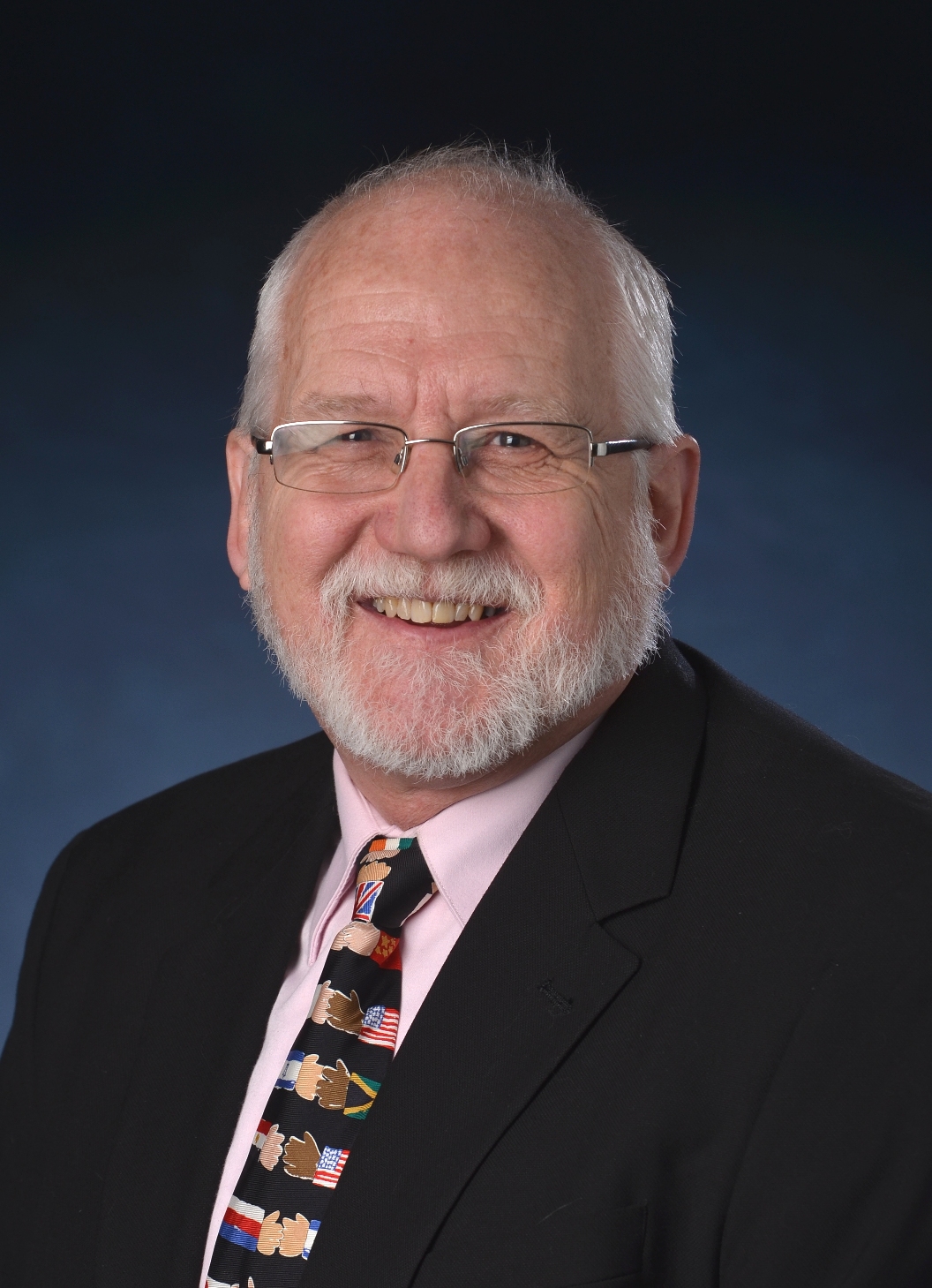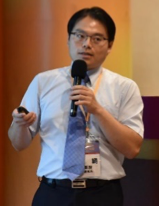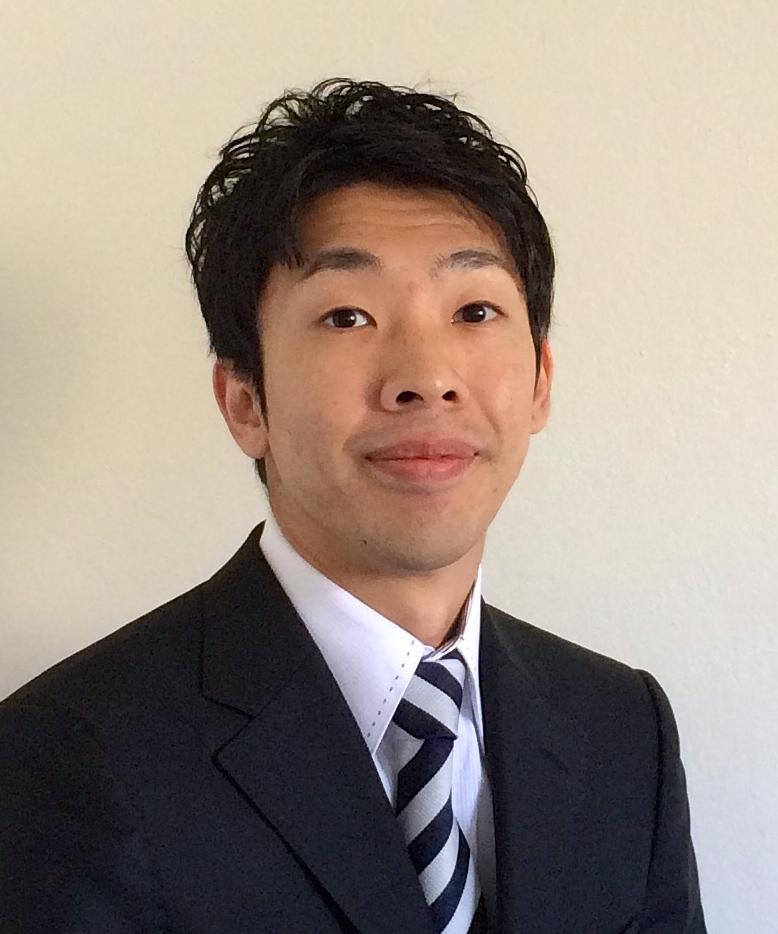2018 IEEE Vehicular Networking Conference (VNC)
December 5–7, 2018, Taipei, Taiwan
Panel
V2X Communication Requirements for Autonomous Vehicles
Abstract. Vehicle to Everything (V2X) communication has been the topic of much research, development, standards, and testing activity over the last two decades. The focus of most of these activities, including definition of the performance requirements, has been Advanced Driver Assistance Systems (ADAS), which assumes a human is in control of the vehicle. Many companies are now working on autonomous vehicle (AV) technology, where the vehicle is capable of fully automated driving in many (and eventually all) scenarios. While much of the work on AV systems has been on sensors and artificial intelligence, V2X communication is expected to play an important role in connecting an AV to other vehicles as well as infrastructure, especially when vehicles cannot detect each other using sensors. The requirements for V2X in AV systems are different from the requirements for V2X in ADAS, since the human is no longer “in the loop.” In this panel, the group will address the new use cases for V2X in AV and the additional requirements for V2X features and performance that are needed to support this rapidly evolving technology.
Moderator: Jim Lansford

Dr. Jim Lansford is in the standards group at Qualcomm, responsible for Wi-Fi standards and strategy. He has over 35 years of experience in communications systems, digital signal processing, and strategic business development. Dr. Lansford has been Chief Technology Officer of three wireless startups (Momentum Microsystems, Mobilian, and Alereon) and held senior technical positions at Harris and Intel Corporation before CSR and Qualcomm. Dr. Lansford was formerly the co-chair of 802.15.3a (high speed UWB) as well as former chair of 802.19 (Coexistence) within IEEE 802, and was also a vice-chair of IEEE 802.15.2. He is currently chair of the Wireless Next Generation Standing Committee in IEEE 802.11. In the Wi-Fi Alliance, he chairs the Automotive Market Segment Task Group, the DSRC Task Groups, and the Long Range Strategy Group. He is also active in 5GAA as well as serving as rapporteur of J3161 in the SAE Cellular-V2X Technical Committee.
In addition to his experience with Qualcomm and other companies, Dr. Lansford has served on the teaching and/or research faculty of Georgia Tech, the University of Colorado at Colorado Springs, and Oklahoma State University; he was also a Visiting Associate Professor at Texas State University. He has served as an ABET Program Evaluator. He is currently active as an Adjunct Professor in the graduate Interdisciplinary Telecommunications Program at the University of Colorado – Boulder.
Panelists:

Edward Knightly is the Sheafor-Lindsay Professor and Department Chair of Electrical and Computer Engineering at Rice University in Houston, Texas. He received his Ph.D. and M.S. from the University of California at Berkeley and his B.S. from Auburn University. He is an ACM Fellow, an IEEE Fellow, and a Sloan Fellow. He received the Dynamic Spectrum Alliance Award for Research on New Opportunities for Dynamic Spectrum Access and the National Science Foundation CAREER Award. He received best paper awards from ACM MobiCom, ACM MobiHoc, IEEE Communications and Network Security (CNS), IEEE SECON (twice), and the IEEE Workshop on Cognitive Radio Architectures for Broadband. He served as general chair or technical chair for ACM MobiHoc, ACM MobiSys, IEEE INFOCOM, and IEEE SECON. He serves as an editor-at-large for IEEE/ACM Transactions on Networking and serves on the IMDEA Networks Scientific Council. In 2012, he served as an expert witness for the Apple v. Samsung patent trial of the century.

Kang Li is an Associate Professor of Mechanical Engineering, National Taiwan University and Director of Intelligent Vehicles & Mechatronics Laboratory. He is currently a Reserve Specialist of the Science & Technology Program Executive Review Board, Executive Yuan, Taiwan. He received the B.S. degree in Mechanical Engineering from National Taiwan University, and M.S. and Ph.D. degrees in Mechanical Engineering from the University of California at Berkeley. Dr. Li’s research interests include autonomous vehicles, electric vehicles, solar systems and smart building control, etc. He has been P.I./co-P.I. for Taiwanese government funded electric and automated vehicle projects with total grants of more than USD $3.5M. He has successfully led a collaboration team with a Taiwanese auto company to develop a high-speed automated driving system and conducted demonstrations on public roads and proving ground with variable vehicle speeds of 60~120 km/h in 2016; this SAE automation level-2 automated driving system will be available on production cars soon. Presently, he is leading an autonomous bus R&D team in collaboration with multiple companies in Taiwan.

Hanbyul Seo received the B.S., M.E., and Ph.D. degrees in electrical engineering from Seoul National University, Korea. Since he joined LG Electronics in 2008, he has been involved in standardization and technology development for 3GPP LTE-Advanced and 5G systems in the areas including heterogeneous networks, multi-cell cooperative communications, device-to-device communications. He is working as Rapporteur of 3GPP LTE and 5G NR V2X standardization items in Technical Specification Group Radio Access Network. He received 2016 3GPP Excellence Award and was selected as one of the 100 technology leaders of National Academy of Engineering of Korea for 2025. He is currently Principal Research Engineer and leads vehicular standardization activities in LG Electronics.

Dr. Takayuki Shimizu is a Senior Researcher at TOYOTA InfoTechnology Center, U.S.A., Inc. (Toyota ITC US). Since he joined Toyota ITC US in 2012, he has been working on the research and standardization of wireless vehicular communications and the development of smart grid systems for plug-in electric vehicles. He received the B.E., M.E., and Ph.D. degrees from Doshisha University, Kyoto, Japan, in 2007, 2009, and 2012, respectively. From 2009 to 2010, he was a visiting researcher at Stanford University, CA, USA. His current research interests include millimeter wave vehicular communication, vehicular communications for automated driving, and LTE/5G for vehicular applications. He co-authored “Millimeter Wave Vehicular Communications: A Survey” (NOW Publishers in 2016). He is a 3GPP RAN1 delegate for Rel-16 NR-V2X Study Item and a member of SAE Cellular V2X Technical Committee. He is a Workshop Co-Chair for the 2018 Fall IEEE Vehicular Technology Conference. He received the 25th TELECOM System Technology Award for Student from the Telecommunications Advancement Foundation in 2010. He is a member of the IEEE and IEICE.